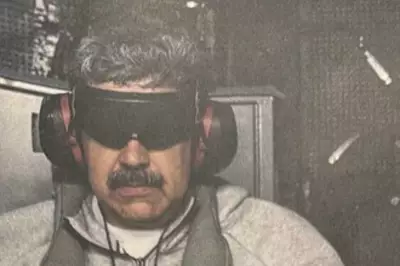
Australia's role in the global arms trade is facing intense scrutiny following alarming reports that its weapons could be contributing to atrocities in Sudan.
Australia's Premier Defence Partner
Australia exports more arms and ammunition to the United Arab Emirates than to any other nation worldwide. This relationship was prominently displayed just this week, where Team Defence Australia secured a prime location at a major weapons exhibition in Dubai, showcasing the depth of this defence partnership.
Human Rights Concerns and the Sudan Connection
However, this thriving trade relationship is now shadowed by serious allegations. Human rights advocates are urgently calling on the Australian government to suspend all defence exports to the UAE. This demand follows multiple reports indicating that the Emirates is arming the Rapid Support Forces (RSF), a militia group accused of carrying out mass killings and human rights violations in Sudan's ongoing conflict.
Senior reporters Ben Doherty and Henry Belot have been investigating Australia's expanding footprint in the international weapons market. Their findings suggest that Australian-made equipment could potentially be diverted through the UAE and end up in the hands of paramilitary groups engaged in violence against civilians.
Growing Scrutiny and Calls for Action
The situation places the Australian government in a difficult position, balancing economic interests from its growing defence industry against its international human rights obligations. Campaigners argue that continuing arms sales to the UAE, without robust end-use guarantees, makes Australia complicit in the worsening humanitarian crisis in Sudan. They insist that a precautionary approach must be adopted immediately, halting exports until a transparent and independent investigation can verify that Australian weapons are not being used to commit atrocities.
This developing story highlights the complex and often opaque nature of the global arms trade, where weapons exported to one destination can easily find their way into conflict zones, with devastating consequences for civilian populations.





